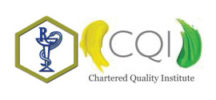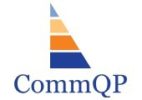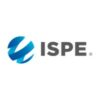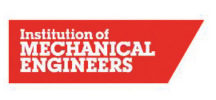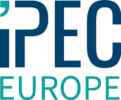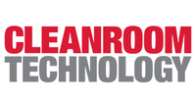Environmental Sustainability in the Pharmaceutical and Health Care Supply Chain
Highlighting how Environmental Sustainability is considered in the Pharmaceutical and Health Care Supply Chain whilst maintaining a high standard of service, without compromising compliance. Will also discuss how the transport sector, and more specifically the Pharmaceutical and Healthcare transport sector, must be practical in their approach to Environmental Sustainability as well as also the consideration of the financial implications. This will also highlight that “Going Green” isn’t JUST about which type of fuel you may be using, but also the collaborative efforts that can, and are, undertaken by all the links in the Supply Chain.
Speaker
 Brian Anderton Director - Trans-Bridge Freight Services
Brian Anderton Director - Trans-Bridge Freight Services




















